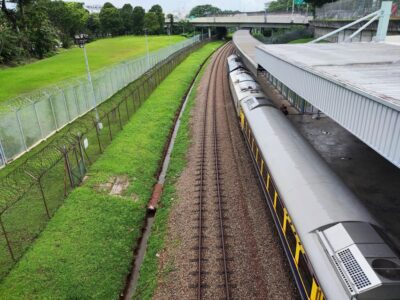India to strike gold in co-living segment: survey
A $93-billion ‘goldmine’ in the property industry still left unearthed, says property portal
Co-living is a “real estate goldmine” just waiting to be tapped by key players in India, according to a recent report by Gurgaon-based property portal PropTiger.
With a vast underserved market of migrant college students and working professionals, the segment has potential to grow into a USD93-billion market “if the existing demand-supply mismatch is fixed”, PropTiger reported.
“The supply by organised players in co-living is currently limited to over one lakh beds. Assuming they earn INR1.44 lakh per annum per bed, organised players in this segment are currently generating a combined INR1,440 crore (USD206 million),” the report said.
Hostels in college campuses across India have a total occupancy of only 3.4 million students, leading to a demand-supply mismatch of 8.9 million students, a survey by PropTiger revealed.
“The co-living sector has total untapped demand of approximately 46.3 million beds, out of which 8.9 million is from student housing,” the report said.
Over 12.3 million students in 50,000 colleges across India are migrants.
Co-living spaces are also seen to cater to India’s estimated 37.4 million migrant professionals who earned up to IDR10 lakh in 2018 and completed their higher education between FY12 and FY16.
The unorganised sector, which includes PG accommodation and rental houses, is currently meeting the deficit in co-living quarters, and opportunities await developers.
“Through innovation and tech, co-living players have created a completely new segment of rental market in India,” Ankur Dhawan, chief investment officer at PropTiger.com, said. “This market makes investment in rental housing attractive and gives investor options to focus beyond commercial office and retail spaces.”
Recommended
Thailand advances digital finance with blockchain real estate push
Issues over marrying blockchain incentives to a physical asset class is hampering Thailand’s digital finance push
Johor Bahru emerges as a key economic partner to Singapore
Once regarded as a poor relation across the causeway, Johor Bahru is cementing its status as an integrated economic partner to Singapore
Vietnam sets new rules to reward clean energy producers
Vietnam’s government has passed new regulations allowing homeowners and landlords to sell solar power back to the national grid for the first time
Bangkok developers shift focus to safer low-rise and suburban projects
Concerns over Bangkok’s seismic safety in the wake of the recent Myanmar earthquake have prompted a shift toward low-rise developments









